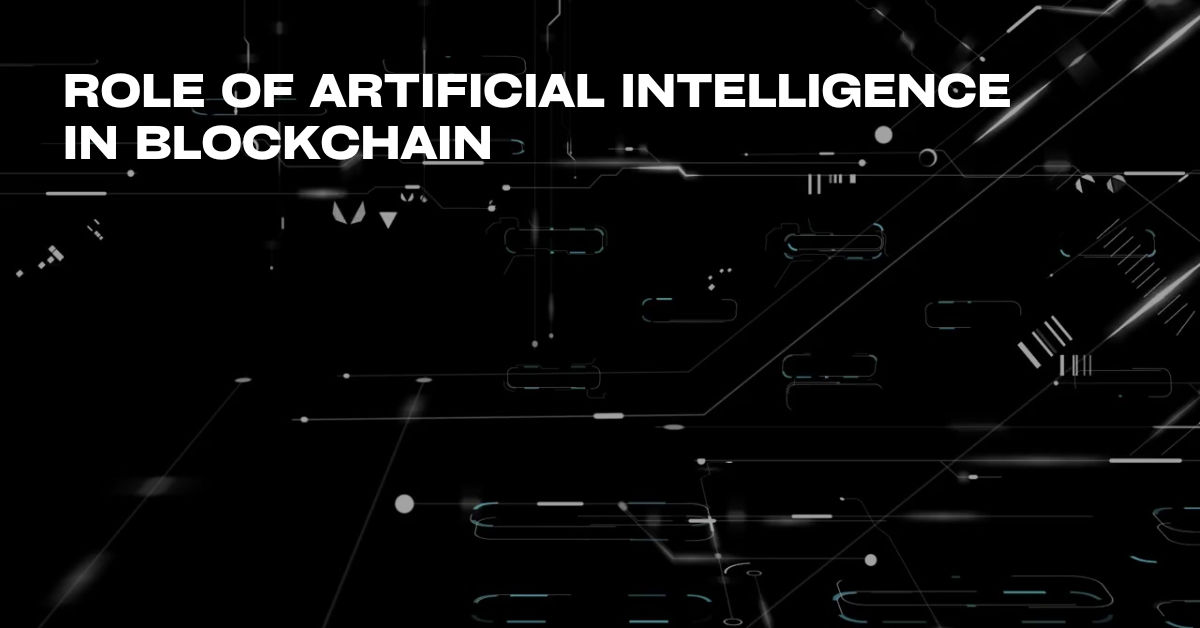Introduction
Table of Contents
ToggleArtificial Intelligence (AI) blockchain are two major changes in modern technology. Together, they can change how we handle data, security, and automation.
ImproveShow HardAI is significantly aiding blockchain in numerous ways. It powers better transactions and streamlines supply chains.
AI is playing a key role in improving blockchain’s capabilities.
What is Artificial Intelligence (AI)?
AI refers to the simulation of human intelligence in machines programmed to think and learn. It powers applications such as facial recognition, natural language processing, and predictive analytics. AI can analyze large datasets and make decisions on its own. This makes it a game-changer in almost every industry.
Understanding Blockchain Technology
Blockchain is a decentralized ledger system that records transactions across multiple nodes. It ensures transparency, immutability, and security, making it ideal for industries like finance and healthcare. Each block in a blockchain holds data, a unique hash, and the hash of the block before it. This setup keeps the data safe and secure.
How AI Enhances Blockchain
AI complements blockchain by introducing predictive analytics, automation, and advanced data management. This combination addresses blockchain’s scalability and energy concerns while unlocking its full potential.
Key Roles of AI in Blockchain
Automation and Efficiency
AI can automate repetitive blockchain processes, like transaction validation. This reduces human intervention, enhances speed, and minimizes errors.
Enhanced Security
By employing AI algorithms, blockchain systems can detect anomalies, predict fraud attempts, and respond proactively to threats.
AI-Driven Smart Contracts
Smart contracts are self-executing agreements with terms written into code. AI adds intelligence to these contracts by analyzing data inputs and making decisions based on predefined rules. For instance, an AI-powered smart contract can adjust terms based on real-time market conditions.
AI for Predictive Analytics in Blockchain
AI excels at analyzing patterns and making predictions. In blockchain, this capability is invaluable for forecasting market trends, predicting user behavior, and optimizing network operations.
Role of AI in Blockchain Security
Security is a cornerstone of blockchain, and AI takes it up a notch. AI can identify unusual activity, detect potential breaches, and even predict vulnerabilities before someone exploits them.
AI and Blockchain for Supply Chain
Combining AI with blockchain creates an efficient supply chain ecosystem. Blockchain ensures data transparency, while AI optimizes routes, predicts demand, and automates inventory management.
Challenges of Combining AI and Blockchain
While promising, the integration of AI and blockchain is not without challenges. The computational power required can be immense, and there are significant costs associated with implementation. Additionally, ensuring compatibility between AI algorithms and blockchain protocols is no small feat.
Future Prospects of AI and Blockchain
The future looks bright for this dynamic duo. As AI algorithms improve and blockchain technology develops, we can expect innovation. These will include decentralized finance (DeFi), personalized healthcare, and self-driving cars.
Industries Benefiting from AI and Blockchain
· Healthcare: AI can analyze patient data stored on blockchain for personalized treatment plans.
· Finance: AI-driven blockchain reduces fraud and speeds up cross-border transactions.
· Logistics: Improved tracking and inventory management through combined technologies.
Advantages of Artificial Intelligence in Blockchain
By integrating AI, blockchain networks become more scalable and energy-efficient. Automation minimizes manual errors, and advanced analytics provide deeper insights, enhancing overall system functionality.
Limitations and Risks
Despite its advantages, merging AI with blockchain poses risks like data privacy concerns, algorithm bias, and potential system vulnerabilities. Addressing these issues is critical for widespread adoption.
Real-Life Applications Artificial Intelligence
Several companies are already leveraging AI-powered blockchain solutions. For example, IBM’s AI-enabled blockchain improves supply chain transparency, while AI-driven platforms optimize financial transactions.
Conclusion
The integration of AI and blockchain is a leap forward in technology, unlocking unprecedented opportunities across various sectors. By addressing challenges and maximizing benefits, this synergy promises to revolutionize how we manage data, ensure security, and automate processes.
FAQs(Artificial Intelligence)
What is the role of AI in blockchain?
AI enhances blockchain by automating processes, improving security, and enabling predictive analytics.
Can AI-powered smart contracts replace traditional agreements?
Yes, AI-driven smart contracts are faster, more efficient, and less prone to errors compared to traditional contracts.
What industries benefit most from AI and blockchain integration?
Industries like healthcare, finance, logistics, and supply chain management see significant advantages.
What challenges exist in merging AI and blockchain?
High computational costs, compatibility issues, and privacy concerns are some challenges of combining these technologies.
What is the future of AI in blockchain
The future involves innovations in decentralized finance, personalized healthcare, and automation, with both technologies evolving together.




